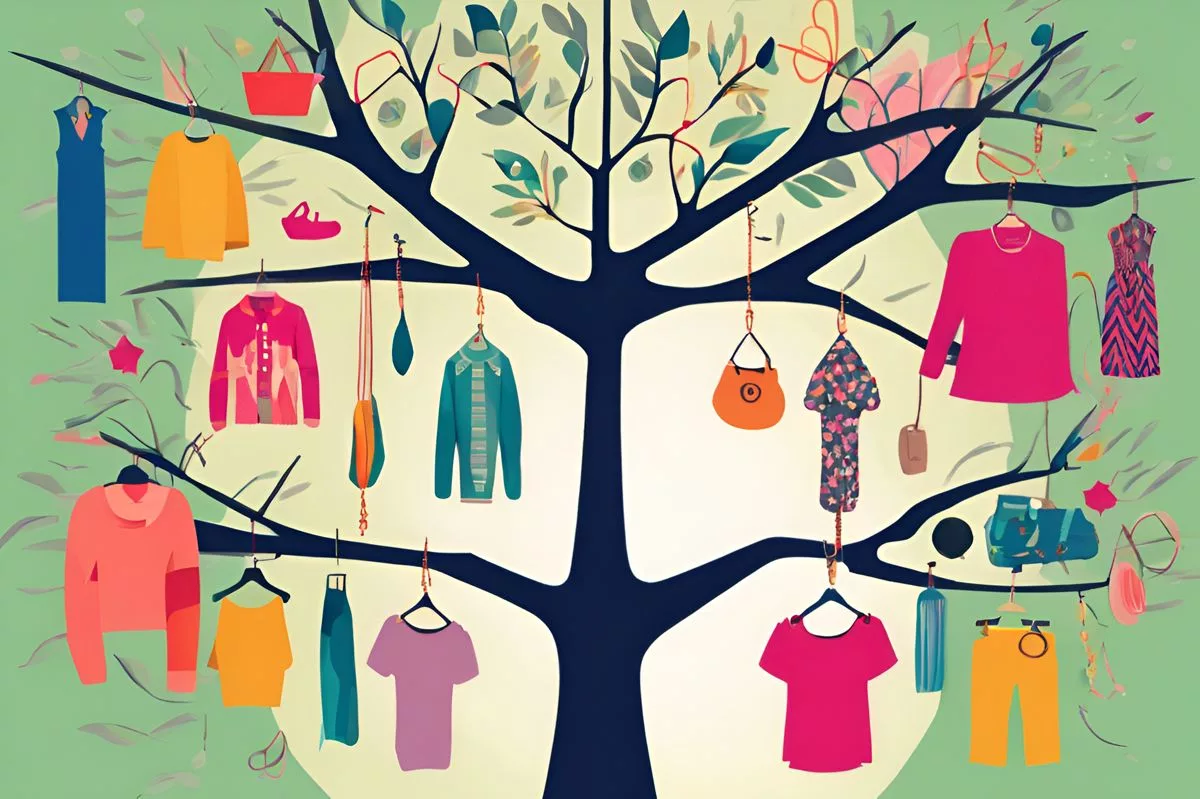South Africa is on a hopeful path to a stronger economy with exciting changes in energy, logistics, and finance. After battling power cuts, the country has now enjoyed over 190 days without blackouts, thanks to smart reforms that have attracted lots of investments. They are also improving their transport systems and working hard to shake off a financial blacklist, making it easier for global investors to come in. With strong partnerships between the government and businesses, South Africa is gearing up for a bright and connected future that promises growth and new opportunities for everyone.
What are South Africa’s recent economic reforms and initiatives?
South Africa is advancing towards economic resilience through key reforms in energy, logistics, and finance. Notable achievements include over 190 days without load shedding, the establishment of the National Logistics Crisis Committee, and efforts to remove the FATF grey list, enhancing its investment appeal.
In a rapidly evolving global economy, South Africa is making significant strides in its journey toward economic resilience and transformation. At a recent roundtable held at the CitiGroup Centre in London’s Canary Wharf, Deputy President Paul Mashatile highlighted the nation’s progress in key areas such as energy reform, logistics, and financial reform. His remarks provided an optimistic outlook for South Africa’s economic future.
Energy Reforms Spark a New Era
In the previous year, South Africa grappled with severe challenges, notably the recurring rolling blackouts that severely impacted economic growth and daily life. These power outages, known as load shedding, underscored the critical need for robust energy reforms. Deputy President Mashatile proudly shared that South Africa has now achieved over 190 days without load shedding, a significant milestone made possible by strategic reforms like the Energy Action Plan (EAP).
The successful implementation of the EAP is a clear indication of South Africa’s dedication to overhauling its energy sector. These reforms have not only stabilized the power supply but have also drawn substantial investment, with hundreds of billions of Rand flowing into the sector. This influx of capital is pivotal in addressing the nation’s long-standing electricity deficits, positioning South Africa as a key player in the global energy market. A strong focus on integrating renewable energy sources demonstrates the government’s commitment to sustainable energy solutions, with efforts underway to secure resources for the country’s Just Energy Transition.
Strengthening Logistics for Economic Growth
Beyond energy, South Africa’s logistical infrastructure is a vital component of its economy. With an extensive network encompassing ports, airports, railways, and roads, the logistics sector is a significant driver of employment and economic activity. Yet, as Mashatile pointed out, there remains untapped growth potential within this sector. To address these challenges, the government established the National Logistics Crisis Committee, aiming to stabilize and enhance this essential system.
Through the introduction of the Freight Logistics Roadmap, South Africa is opening its freight logistics network to public access and encouraging private sector participation in container terminals. These strategic reforms are designed to improve performance, facilitating economic growth and promoting better continental integration. As global trade becomes increasingly interconnected, initiatives like the African Continental Free Trade Area (AfCFTA) position South Africa as a crucial gateway to the continent. This free trade agreement aims to reduce trade barriers and foster economic cooperation, enabling investors to utilize South Africa’s strategic position to expand their ventures across Africa, thereby strengthening economic ties and regional stability.
Financial Reforms and Investment Opportunities
In his address, Mashatile also emphasized the importance of financial reforms. The South African government is actively working to remove the country from the Financial Action Task Force (FATF) grey list, demonstrating a firm commitment to combating money laundering and terrorist financing. Recent amendments to the Anti-Money Laundering and Combating Terrorism Financing Amendment Act have been instrumental in aligning South Africa with international standards.
South Africa’s dedication to financial reform extends beyond mere compliance. The country aspires to become a prime investment destination, particularly for the United Kingdom and other global investors. With an ambitious target of raising R2 trillion in investments by 2028, South Africa has already surpassed its initial goal of R1.2 trillion. In 2023 alone, nearly R100 billion in foreign direct investment (FDI) flowed into diverse sectors such as energy, mining, infrastructure, transportation, manufacturing, finance, and retail.
Building Partnerships for Sustained Growth
South Africa’s appeal as an investment hub is further highlighted by its ranking as the second-largest recipient of Cleantech FDI in Africa, following Egypt. The United Kingdom stands as Africa’s third-largest source of FDI, with South Africa being its second-largest recipient. This dynamic underscores the potential for strengthening UK-South Africa economic relations, fostering mutual growth and collaboration.
A crucial aspect of South Africa’s strategy involves cultivating strong partnerships with the private sector. Joint oversight committees have been established to address investment challenges, ensuring that both private and public sectors work harmoniously to create a favorable investment climate. In September 2024, President Cyril Ramaphosa launched the second phase of the Business and Government Partnership, a significant initiative aimed at mobilizing national skills, talent, and expertise to drive economic growth and job creation.
This partnership places a strong emphasis on inclusivity, as both government and business commit additional resources to achieve national objectives. The initiative is designed to ensure that South Africa possesses the necessary human, financial, and other resources to make a lasting impact. This collaboration heralds a new era of unity and prosperity, inspiring confidence among investors and stakeholders alike.
A Vision for a Connected Future
Deputy President Mashatile’s insights at the CitiGroup roundtable encapsulate South Africa’s journey toward economic revitalization. Through comprehensive reforms in energy, logistics, financial compliance, and strategic partnerships, South Africa is not merely overcoming past challenges but is actively laying the groundwork for a future rich in growth and innovation. As the nation continues to open its doors to the world, it extends an invitation to global partners to join in its vision of a prosperous, interconnected Africa.
“`markdown
What recent economic reforms has South Africa implemented?
South Africa has introduced significant reforms in energy, logistics, and finance. Key achievements include over 190 days without load shedding, the establishment of the National Logistics Crisis Committee, and efforts to remove the country from the FATF grey list, which collectively enhance its appeal to global investors.
How has South Africa improved its energy sector?
The country has successfully implemented the Energy Action Plan (EAP), resulting in over 190 days without load shedding. This has not only stabilized the power supply but has also attracted substantial investments into the energy sector, particularly in renewable energy, enhancing South Africa’s position in the global energy market.
What initiatives are being taken to strengthen logistics in South Africa?
The South African government has established the National Logistics Crisis Committee and introduced the Freight Logistics Roadmap. These initiatives aim to improve the performance of the logistics sector by allowing public access to freight logistics networks and encouraging private sector participation in container terminals.
What is South Africa’s strategy for attracting foreign direct investment?
South Africa aims to raise R2 trillion in investments by 2028, having already surpassed its initial goal of R1.2 trillion. The government is actively working to enhance the investment climate by addressing challenges through partnerships with the private sector and aligning with international standards, particularly in financial reforms.
How is South Africa addressing its position on the FATF grey list?
The South African government is actively working to remove itself from the FATF grey list by amending the Anti-Money Laundering and Combating Terrorism Financing Amendment Act. This demonstrates their commitment to combating money laundering and terrorist financing, making the country more appealing for international investments.
What role do public-private partnerships play in South Africa’s economic strategy?
Public-private partnerships are crucial for South Africa’s economic growth, as they facilitate collaboration between government and business. The launch of the second phase of the Business and Government Partnership in September 2024 focuses on mobilizing national skills and resources to address investment challenges and drive job creation, ensuring a favorable investment climate.
“`












